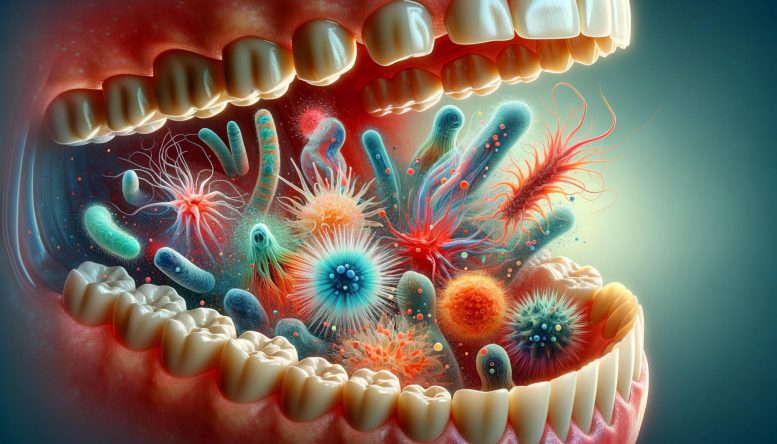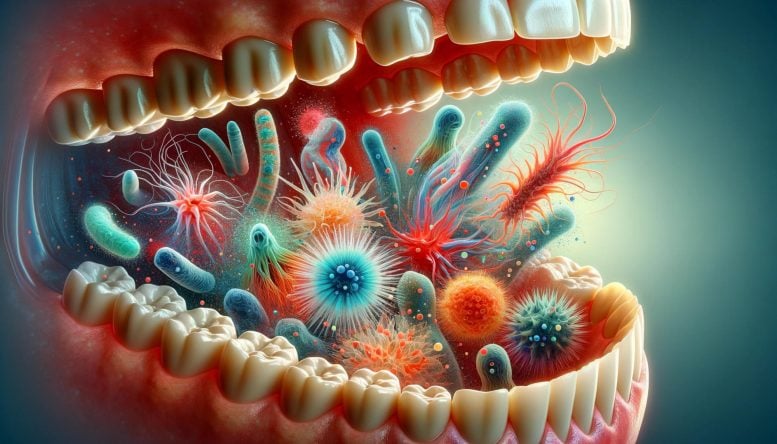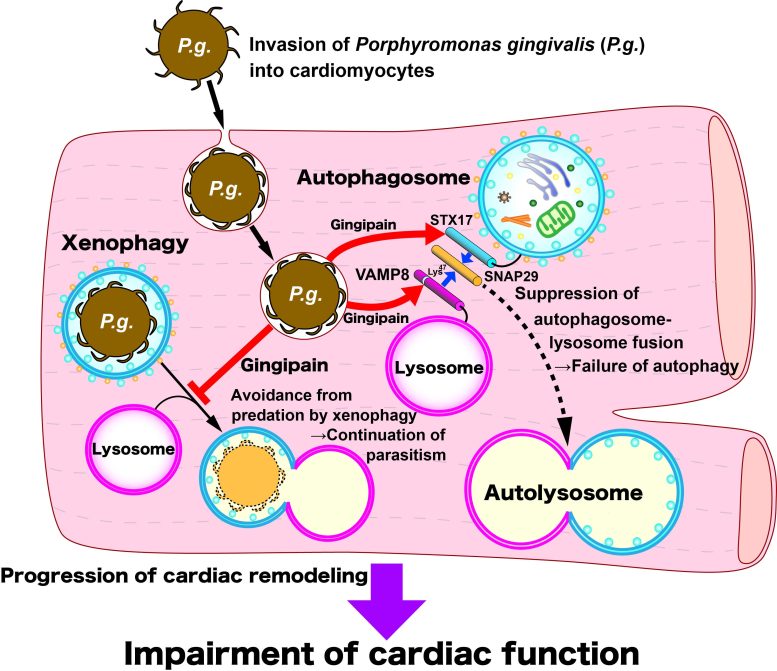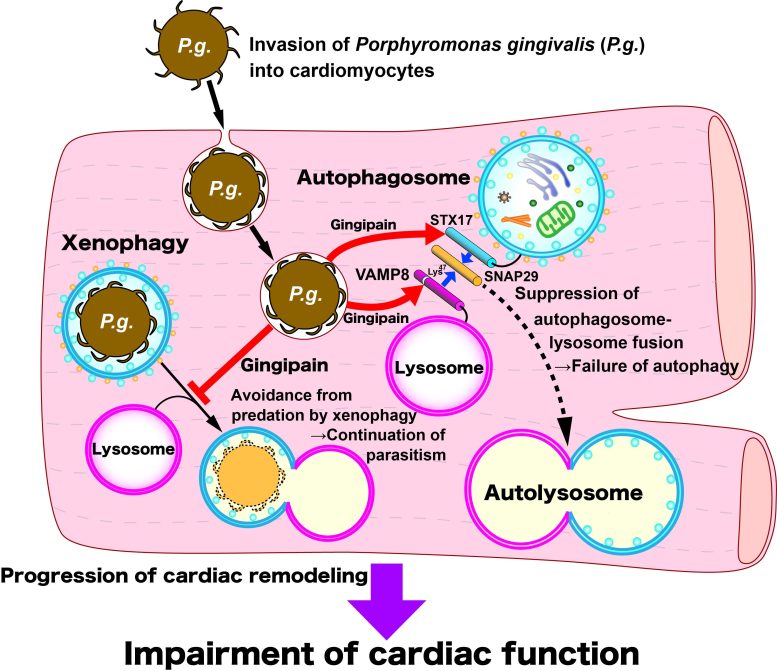

A study from Tokyo Medical and Dental University reveals that the oral pathogen Porphyromonas gingivalis can hinder heart muscle repair after a heart attack, suggesting that treating oral infections may help prevent fatal heart attacks.
Scientists at Tokyo Medical and Dental University have discovered that the gum disease-causing bacterium Porphyromonas gingivalis can disrupt the merging of autophagosomes and lysosomes. This interference aggravates heart tissue restructuring and increases the risk of heart rupture following a heart attack.
Brushing and flossing regularly not only keeps your smile bright but did you know it could also help protect your heart? Researchers in Japan have recently reported that an infected mouth could lead to a broken heart.
The study, recently published in the International Journal of Oral Science and conducted by Tokyo Medical and Dental University, reveals that a common oral pathogen can hinder the self-repair of cardiac myocytes following a heart attack due to coronary heart disease.
Heart attacks occur when blood flow in the coronary arteries is blocked, resulting in an inadequate supply of nutrients and oxygen to the heart muscle, and ultimately death of cardiac myocytes. To prevent this, cardiac myocytes use a process known as autophagy to dispose of damaged cellular components, keeping them from causing cardiac dysfunction.


Gingipain released by P.g. cleaves VAMP8, thereby inhibiting autophagy through preventing autophagosomes-lysosome fusion, which causes cardiac dysfunction. Credit: Department of Cardiovascular Medicine, TMDU
Key Findings About Porphyromonas gingivalis
“Previous studies have shown that the periodontal pathogen Porphyromonas gingivalis, which has been detected at the site of occlusion in myocardial infarction, can exacerbate post-infarction myocardial fragility,” says lead author of the study Yuka Shiheido-Watanabe. “However, the mechanisms underlying this effect remained unknown.”
To investigate this, the researchers created a version of P. gingivalis that does not express gingipain, its most potent virulence factor, which an earlier study showed can inhibit cells from undergoing programmed cell death in response to injury. They then used this bacterium to infect cardiac myocytes or mice.
Autophagy Disruption and Cardiac Myocyte Dysfunction
“The results were very clear,” explains Yasuhiro Maejima, corresponding author. “The viability of cells infected with the mutant bacterium lacking gingipain was much higher than that of cells infected with the wild-type bacterium. In addition, the effects of myocardial infarction were significantly more severe in mice infected with wild-type P. gingivalis than in those infected with the mutant P. gingivalis lacking gingipain.”
More detailed investigation of this effect showed that gingipain interferes with a fusion of two cell components known as autophagosomes and lysosomes, a process that is crucial to autophagy. In mice, this resulted in an increase in the size of cardiac myocytes and an accumulation of proteins that would normally be cleared out of the cells to protect the cardiac muscle.
“Our findings suggest that infection with P. gingivalis producing gingipain results in excessive autophagosome accumulation, which can lead to cellular dysfunction, cell death, and ultimately cardiac rupture,” says Shiheido-Watanabe.
Given that P. gingivalis appears to have a substantial impact on the cardiac muscle’s ability to health itself after a heart attack, treating this common oral infection could help reduce the risk of fatal heart attack.
Reference: “Porphyromonas gingivalis, a periodontal pathogen, impairs post-infarcted myocardium by inhibiting autophagosome–lysosome fusion” by Yuka Shiheido-Watanabe, Yasuhiro Maejima, Shun Nakagama, Qintao Fan, Natsuko Tamura and Tetsuo Sasano, 18 September 2023, International Journal of Oral Science.
DOI: 10.1038/s41368-023-00251-2
The study was funded by the Ministry of Education and the MSD Life Science Foundation.


